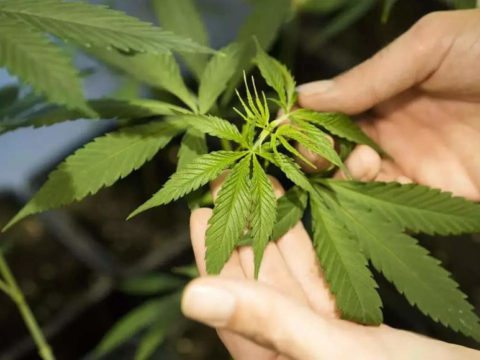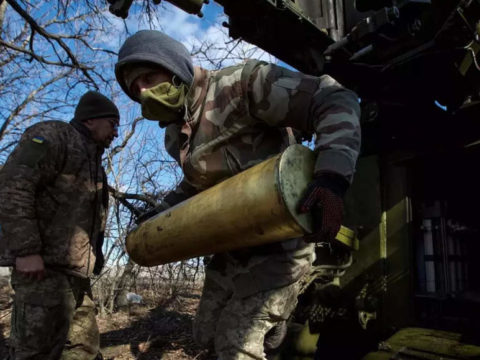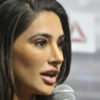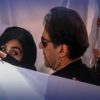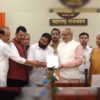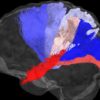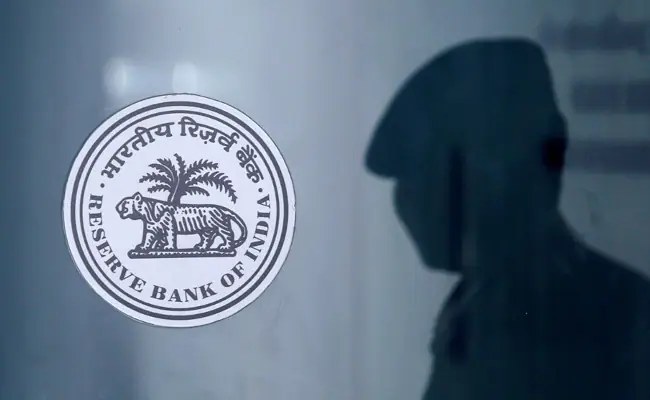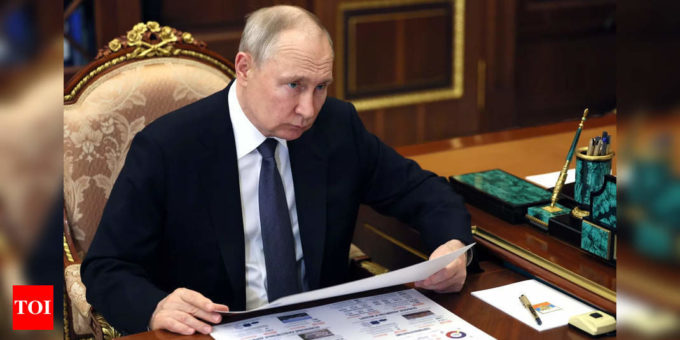
JOHANNESBURG: Vladimir Putin, who is under an international arrest warrant, will not attend a BRICS nations summit in South Africa next month, the country’s presidency said on Wednesday, ending months of speculation over whether the Russian President would show up.
Putin’s potential visit has been a thorny diplomatic issue for Pretoria.
The Russian leader is the target of an International Criminal Court arrest warrant — a provision that South Africa as an ICC member would be expected to implement were he to set foot in the country.
“By mutual agreement, President Vladimir Putin of the Russian Federation will not attend the summit,” Vincent Magwenya, a spokesman for President Cyril Ramaphosa, said in a statement.
Foreign minister Sergei Lavrov will represent Russia, Magwenya said.
The decision follows “a number of consultations” held by Ramaphosa recently, the latest of which took place last night, he added.
Pretoria is the current chair of the BRICS group, an acronym for heavyweights Brazil, Russia, India, China and South Africa, which sees itself as a counterweight to Western economic domination.
Putin was formally invited to a BRICS summit due to take place in Johannesburg between August 22 and 24, but Pretoria has been under heavy domestic and international pressure not to host him.
The other countries’ leaders will all be in attendance, Magwenya said.
“President Ramaphosa is confident that the Summit will be a success and calls on the nation to extend the necessary hospitality to the many delegates who will arrive from various parts of the continent and the globe,” he said.
Putin is sought by the ICC over accusations that Russia unlawfully deported Ukrainian children.
In court papers released on Tuesday, Ramaphosa wrote that arresting him would have amounted to a declaration of war on Russia.
The assessment was given in an affidavit responding to an application by the country’s leading opposition party, the Democratic Alliance (DA), which aimed at forcing the government’s hand and ensuring the Kremlin leader was handed over to the ICC if he were to arrive.
Kremlin spokesman Dmitry Peskov denied Russia threatened to wage war but said in Moscow that it was “absolutely clear to everyone what an attempt to encroach on the head of the Russian state would mean”.
The affidavit revealed South Africa was seeking an exemption under ICC rules, arguing that enacting the arrest could have threatened the “security, peace and order of the state”.
An arrest would have also undermined a South African-led mission to end the war in Ukraine and “foreclose any peaceful solution”, Ramaphosa argued.
Last month, Ramaphosa led a seven-country African peace delegation including representatives from Egypt, Senegal and Zambia, to talks in Kyiv and Saint Petersburg.
Pretoria has long said it wants to stay neutral over the war in Ukraine but has been accused by critics of tilting towards Moscow.
Some feared hosting Putin could have been read as a signal of support for Russia and jeopardised South Africa’s strong economic and trade relations with the United States and Europe.
Trade with Russia is much smaller, but their ties date back decades to when the Kremlin supported the ruling African National Congress party during the struggle against apartheid.
DA leader John Steenhuisen said Putin not coming was “a victory for South Africa”.
The country’s economic interests as well as its “reputation on the international stage and its commitment to upholding the rule of law were at stake in this matter,” he said in a statement.
In recent local media interviews, South African Deputy President Paul Mashatile said the government had been trying to persuade Putin not to come but met resistance from the Kremlin.
Ramaphosa is due to travel to Russia next week to attend a Russia-Africa summit in Saint Petersburg.
Putin’s potential visit has been a thorny diplomatic issue for Pretoria.
The Russian leader is the target of an International Criminal Court arrest warrant — a provision that South Africa as an ICC member would be expected to implement were he to set foot in the country.
“By mutual agreement, President Vladimir Putin of the Russian Federation will not attend the summit,” Vincent Magwenya, a spokesman for President Cyril Ramaphosa, said in a statement.
Foreign minister Sergei Lavrov will represent Russia, Magwenya said.
The decision follows “a number of consultations” held by Ramaphosa recently, the latest of which took place last night, he added.
Pretoria is the current chair of the BRICS group, an acronym for heavyweights Brazil, Russia, India, China and South Africa, which sees itself as a counterweight to Western economic domination.
Putin was formally invited to a BRICS summit due to take place in Johannesburg between August 22 and 24, but Pretoria has been under heavy domestic and international pressure not to host him.
The other countries’ leaders will all be in attendance, Magwenya said.
“President Ramaphosa is confident that the Summit will be a success and calls on the nation to extend the necessary hospitality to the many delegates who will arrive from various parts of the continent and the globe,” he said.
Putin is sought by the ICC over accusations that Russia unlawfully deported Ukrainian children.
In court papers released on Tuesday, Ramaphosa wrote that arresting him would have amounted to a declaration of war on Russia.
The assessment was given in an affidavit responding to an application by the country’s leading opposition party, the Democratic Alliance (DA), which aimed at forcing the government’s hand and ensuring the Kremlin leader was handed over to the ICC if he were to arrive.
Kremlin spokesman Dmitry Peskov denied Russia threatened to wage war but said in Moscow that it was “absolutely clear to everyone what an attempt to encroach on the head of the Russian state would mean”.
The affidavit revealed South Africa was seeking an exemption under ICC rules, arguing that enacting the arrest could have threatened the “security, peace and order of the state”.
An arrest would have also undermined a South African-led mission to end the war in Ukraine and “foreclose any peaceful solution”, Ramaphosa argued.
Last month, Ramaphosa led a seven-country African peace delegation including representatives from Egypt, Senegal and Zambia, to talks in Kyiv and Saint Petersburg.
Pretoria has long said it wants to stay neutral over the war in Ukraine but has been accused by critics of tilting towards Moscow.
Some feared hosting Putin could have been read as a signal of support for Russia and jeopardised South Africa’s strong economic and trade relations with the United States and Europe.
Trade with Russia is much smaller, but their ties date back decades to when the Kremlin supported the ruling African National Congress party during the struggle against apartheid.
DA leader John Steenhuisen said Putin not coming was “a victory for South Africa”.
The country’s economic interests as well as its “reputation on the international stage and its commitment to upholding the rule of law were at stake in this matter,” he said in a statement.
In recent local media interviews, South African Deputy President Paul Mashatile said the government had been trying to persuade Putin not to come but met resistance from the Kremlin.
Ramaphosa is due to travel to Russia next week to attend a Russia-Africa summit in Saint Petersburg.
Credit: Source link

